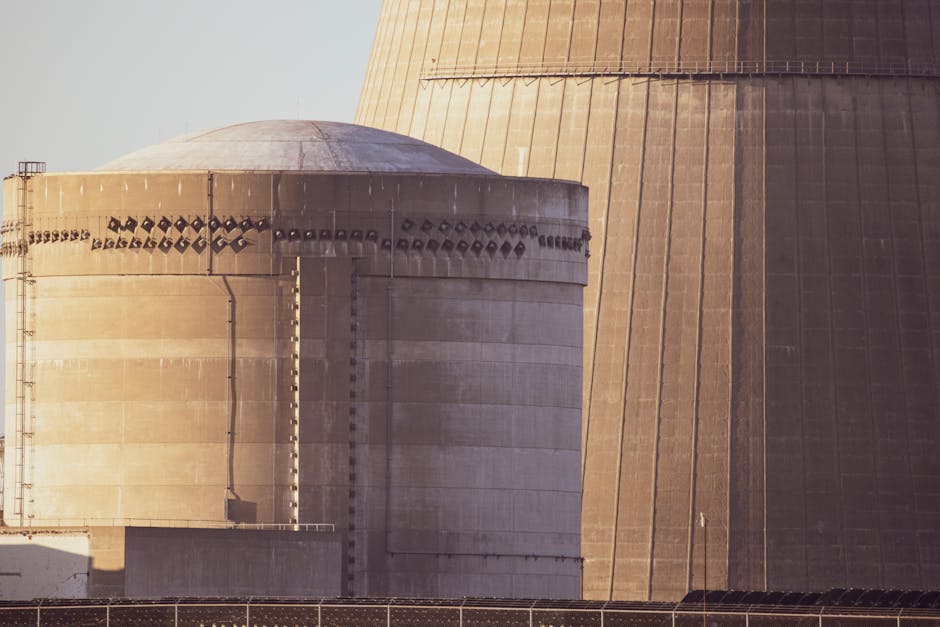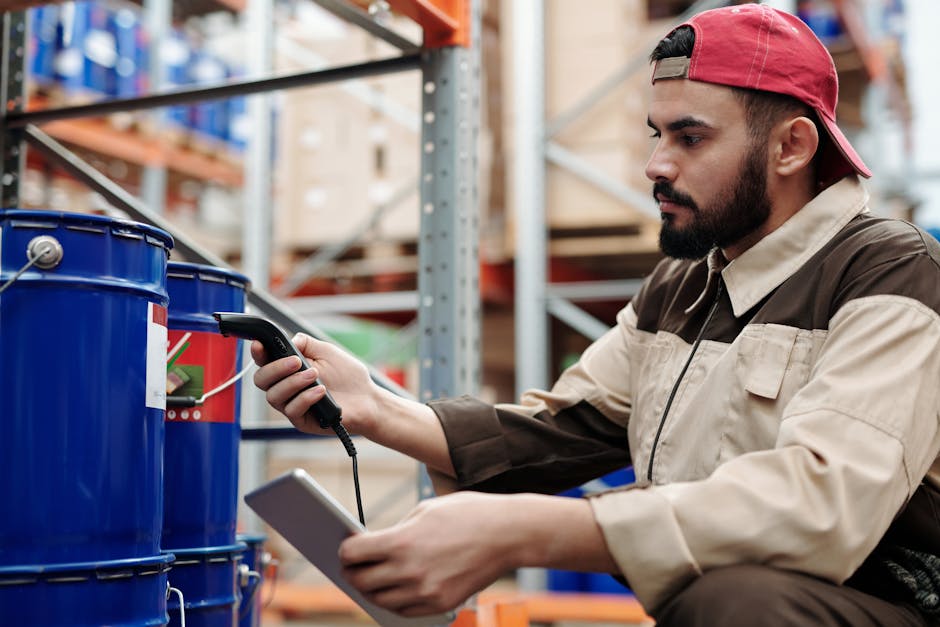IFMA World Workplace 2023: Revolutionizing the Future of Facility Management
"IFMA World Workplace 2023 in Denver, CO, is set to be a game-changer for facility management professionals. This article explores the key highlights, emerging trends, and groundbreaking technologies showcased at the conference, offering insights into the future of workplace management and sustainability. "

IFMA World Workplace 2023: Revolutionizing the Future of Facility Management
The International Facility Management Association (IFMA) is gearing up for its flagship event, World Workplace 2023, set to take place in Denver, Colorado from September 27-29. This annual conference brings together industry leaders, innovators, and professionals to explore the latest trends and technologies shaping the future of facility management.

A Hub of Innovation and Collaboration
IFMA's World Workplace has long been recognized as the premier event for facility management professionals. This year's conference promises to be a melting pot of ideas, showcasing cutting-edge solutions and fostering meaningful connections among attendees.
Key Highlights of IFMA World Workplace 2023
-
Cutting-edge Technology Showcase: Attendees will have the opportunity to explore the latest advancements in workplace technology, including modular design platforms, carbon dashboards, and innovative visitor management solutions.
-
Sustainability Focus: With an increasing emphasis on environmental responsibility, the conference will feature sessions and exhibits dedicated to sustainable facility management practices.
-
Networking Opportunities: The event provides an unparalleled platform for professionals to connect, share insights, and forge valuable partnerships within the industry.
-
Educational Sessions: A diverse range of workshops and presentations will cover topics such as hybrid work models, workplace safety, and the integration of AI in facility management.
Emerging Trends in Facility Management
The IFMA conference serves as a barometer for the facility management industry, highlighting key trends that are shaping the workplace of tomorrow.
1. Smart Building Technologies
The integration of IoT devices and AI-powered systems is revolutionizing how buildings are managed and operated. These technologies offer real-time insights into energy consumption, occupancy patterns, and maintenance needs, enabling more efficient and sustainable facility management.
2. Flexible Workspace Solutions
As organizations continue to adapt to changing work patterns, flexible workspace solutions are gaining prominence. The conference will showcase innovative approaches to creating adaptable office environments that cater to diverse work styles and preferences.
3. Health and Wellness-Centric Design
In the wake of global health concerns, there's a renewed focus on creating workspaces that prioritize employee well-being. Attendees can expect to learn about design strategies and technologies that promote a healthier, more comfortable work environment.

Spotlight on Sustainability
Sustainability is taking center stage at this year's IFMA World Workplace. With the growing urgency of climate change, facility managers are increasingly tasked with implementing eco-friendly practices and technologies.
Key Sustainability Initiatives:
- Carbon Footprint Reduction: Innovative solutions for monitoring and reducing carbon emissions in buildings will be a major focus.
- Energy Efficiency: Attendees will explore the latest in energy-efficient building systems and renewable energy integration.
- Waste Management: Strategies for implementing effective recycling and waste reduction programs in facilities will be discussed.
The Role of Technology in Modern Facility Management
Technology is rapidly transforming the facility management landscape. Workspace management software and other digital tools are becoming indispensable for efficient operations.
Notable Technological Advancements:
-
AI-Powered Predictive Maintenance: Machine learning algorithms that predict equipment failures before they occur, reducing downtime and maintenance costs.
-
Virtual and Augmented Reality: These technologies are being used for everything from remote facility inspections to employee training.
-
Blockchain for Facility Management: Exploring the potential of blockchain technology in areas such as supply chain management and contract administration.

Preparing for the Future of Work
As the nature of work continues to evolve, facility managers must stay ahead of the curve. IFMA World Workplace 2023 will provide valuable insights into preparing workspaces for the future.
Key Considerations:
- Hybrid Work Models: Strategies for creating workspaces that seamlessly support both in-office and remote workers.
- Employee Experience: Focusing on design elements and technologies that enhance the overall employee experience and productivity.
- Adaptability: Designing flexible spaces that can quickly adapt to changing organizational needs and work styles.
Conclusion: A Glimpse into the Future of Facility Management
IFMA World Workplace 2023 in Denver promises to be an enlightening experience for facility management professionals. By bringing together the brightest minds and most innovative solutions in the industry, the conference offers a unique opportunity to shape the future of workplace management.
As we look towards a more sustainable, efficient, and employee-centric future, events like IFMA World Workplace play a crucial role in driving innovation and best practices in facility management. Whether you're a seasoned professional or new to the field, this conference is an invaluable resource for staying at the forefront of industry trends and technologies.
By embracing the insights and innovations showcased at IFMA World Workplace 2023, facility managers can lead the charge in creating workplaces that are not only more efficient and sustainable but also more responsive to the evolving needs of the modern workforce.
Want to learn more about Hybrid Work?
Explore our complete guide with more articles like this one.


